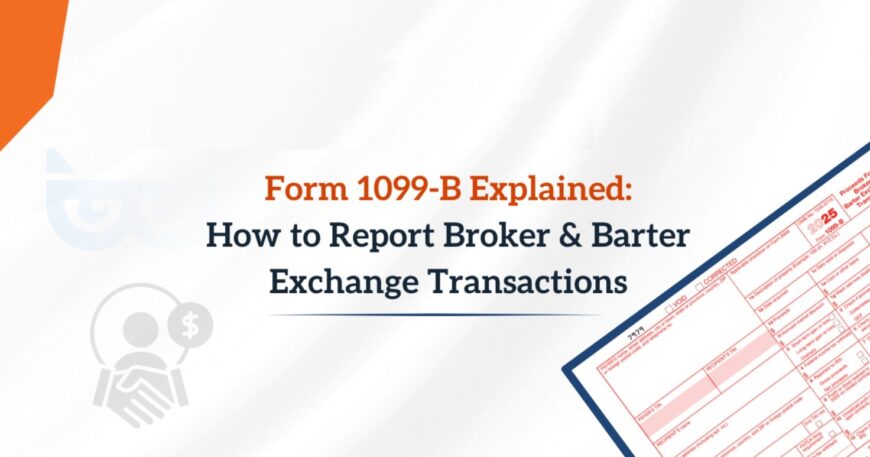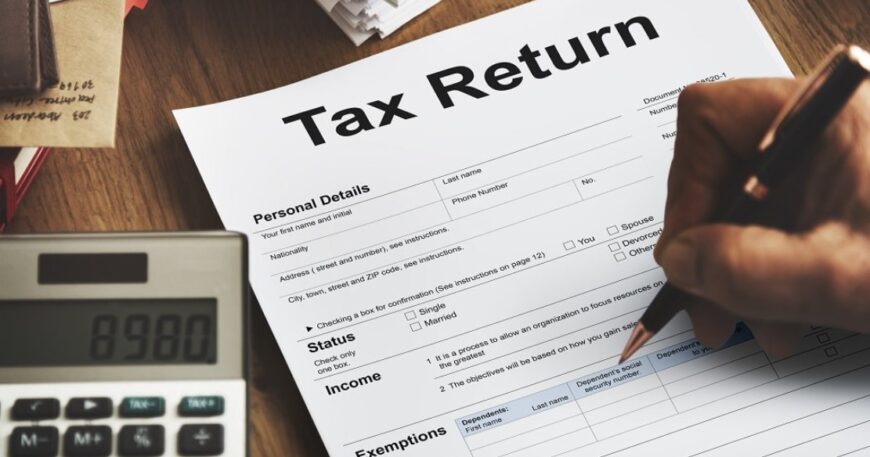i-912 Form: 5 Powerful Steps to Successfully Waive USCIS Fees
Everything You Need to Know About the i-912 Form: Your Complete Guide The i-912 Form is essential for anyone applying for a fee waiver with U.S. Citizenship and Immigration Services (USCIS). Whether you’re filling out the Form i-912, need the i-912 Form PDF, or just want to understand the i-912 instructions, this guide has you […]











